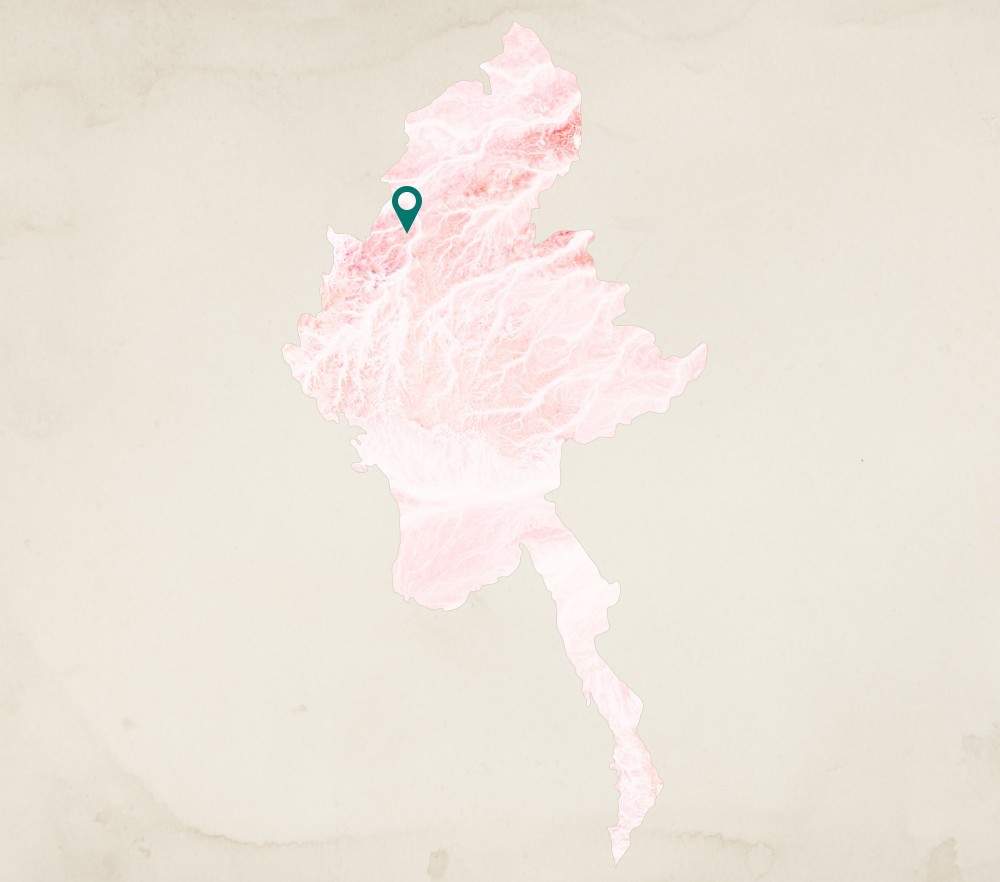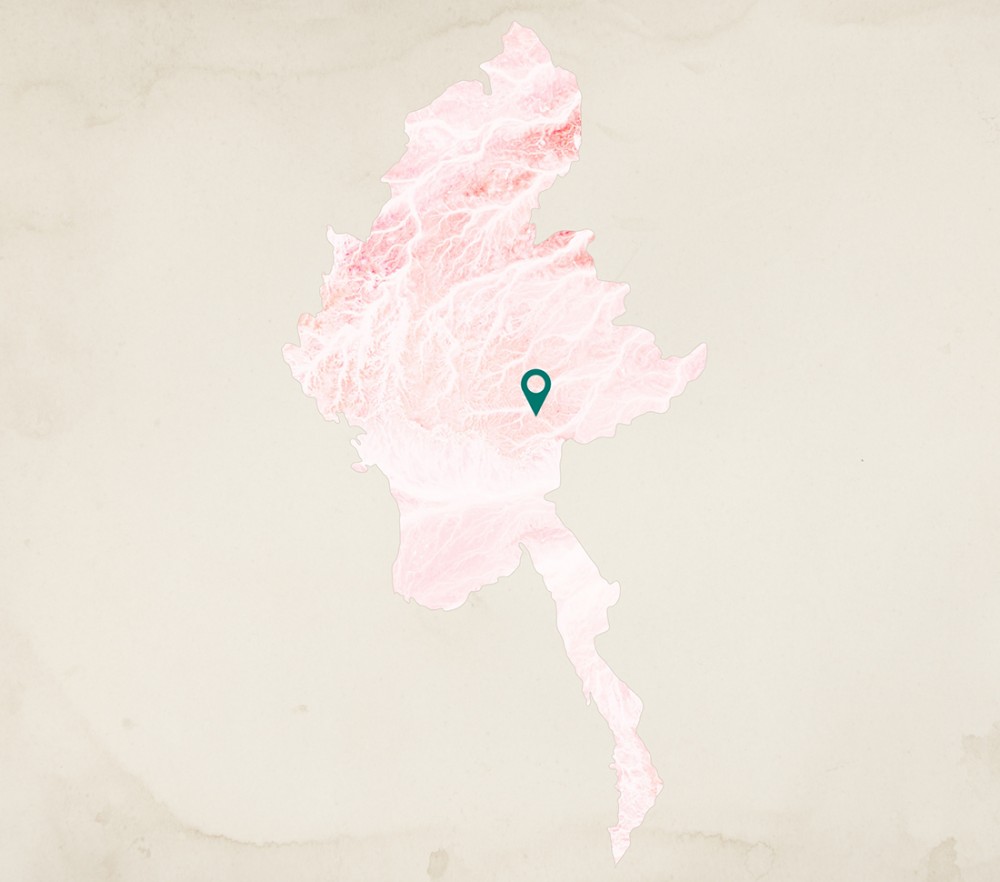
HIMALCA - Rural Livelihoods and Climate Change Adaptation in the Himalaya
Background
The upland villages of Let Maung Kwe, southern Shan State, face numerous challenges related to deforestation and soil degradation, limited access to water and livelihood opportunities, poor infrastructure, and lack of formal recognition of land tenure.
The project
The project, started in 2014, adopted a holistic approach to ensure meaningful community engagement and included interventions in WASH, environment, value chains development, and social activities for the 395 households of the six villages. The methods adopted to address these issues contributed to the transition from customary land use practices (slash and burn) to sustainable agro-forestry. In particular, the bamboo campaign, comprising provision of seedlings, plant propagation, handicraft training, and market support, had a significant impact on soil erosion and deforestation and contributed to the growth of households’ income.
About the organization
Myanmar Institute for Integrated Development (MIID) is a Yangon-based research-for-development institute working for the country’s democratic transition and subsequent economic and social changes.
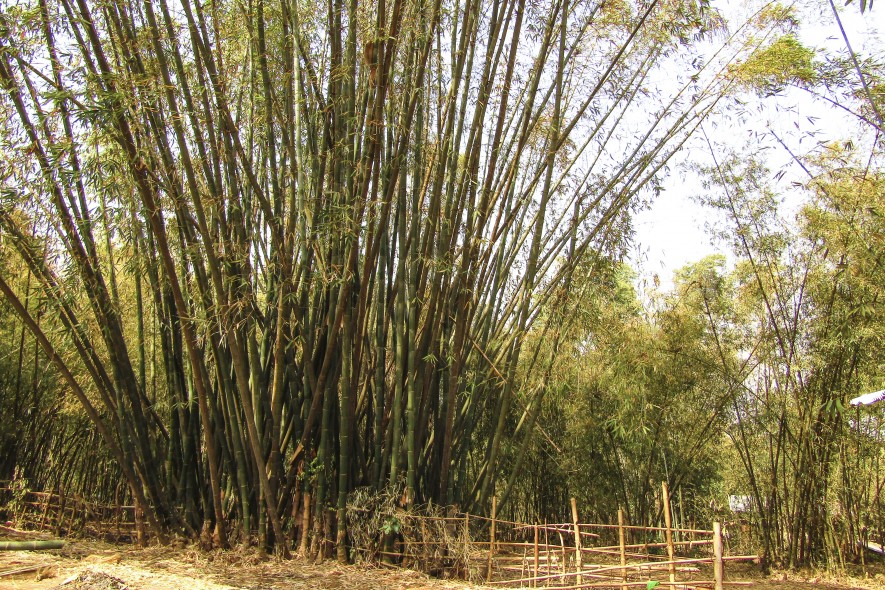
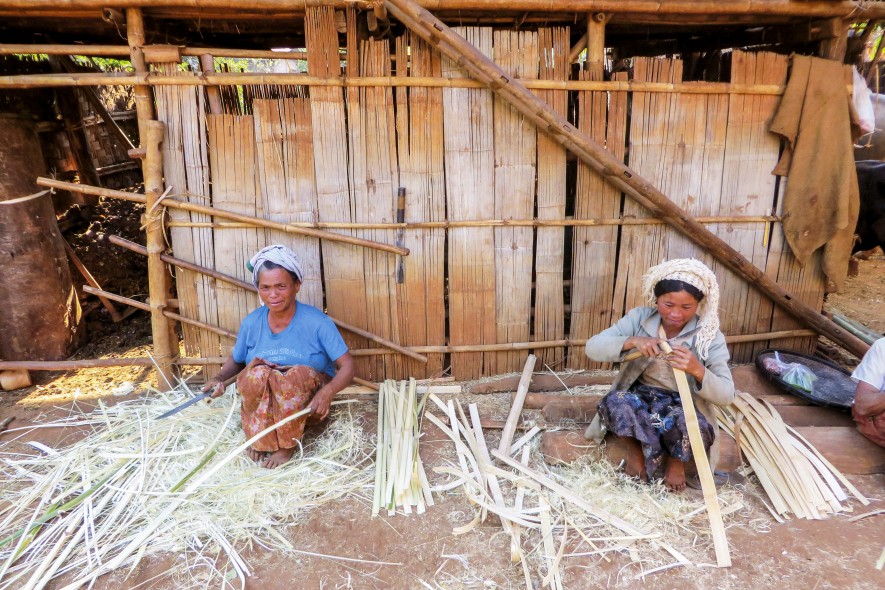
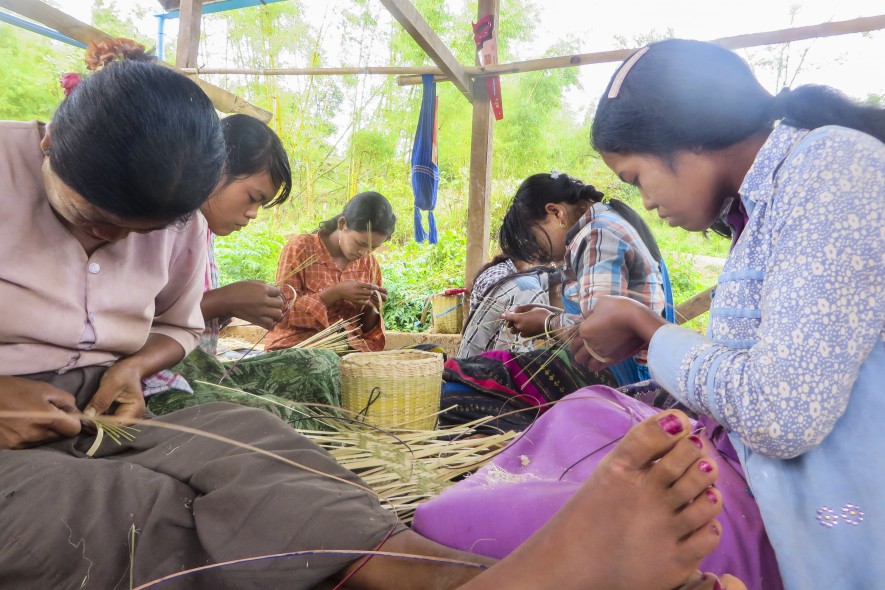
Implemented by
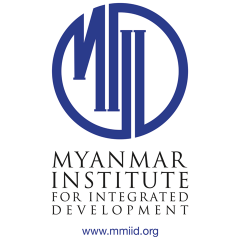
Financed by
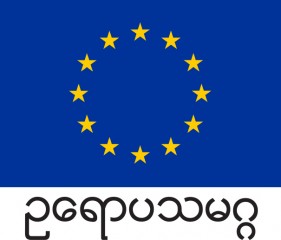

Institutional partner(s)
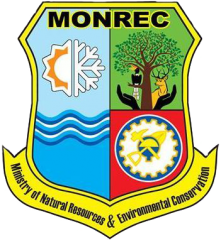
Scaling Up Community Forestry in Myanmar (SUComFor)
Empowering local people with the keys for healthy forestry management.
